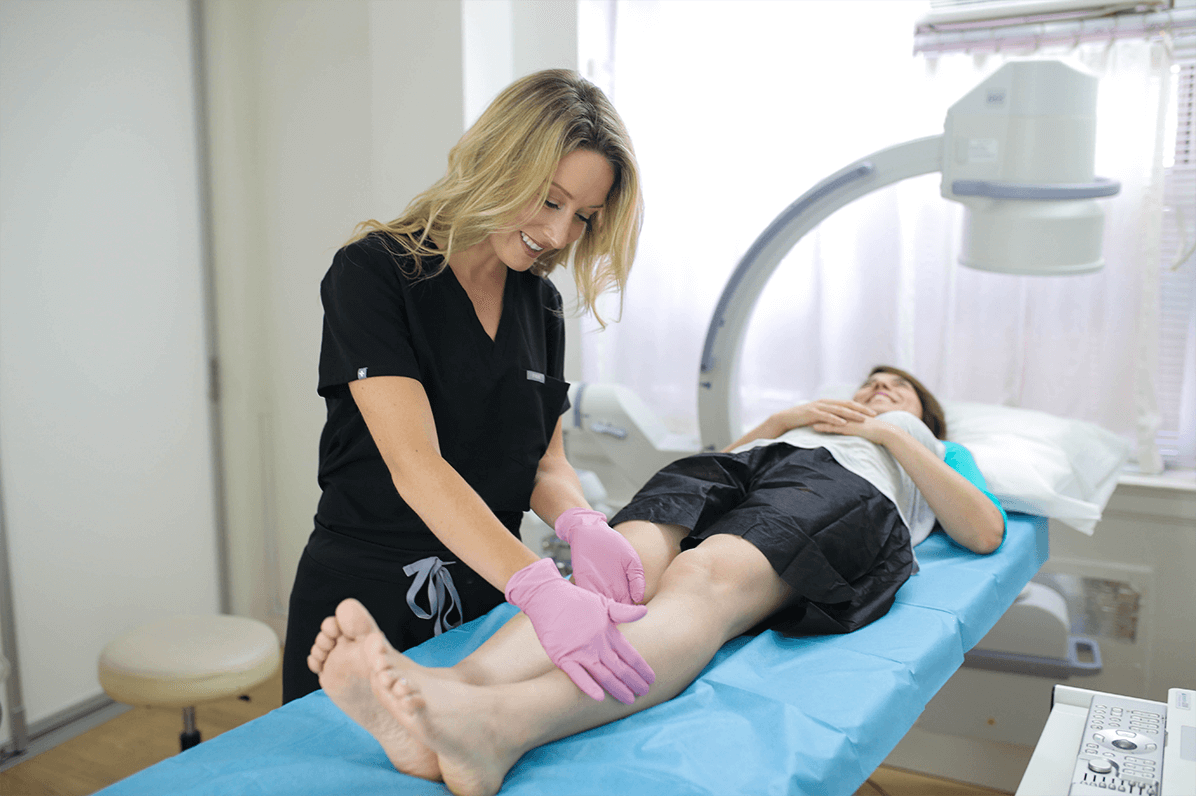What Kind of Doctor Treats Veins? What is a Vein Specialist Called?
When it comes to vascular health, understanding the appropriate medical professionals to consult is crucial. Among the various specialists in the field of medicine, a particular question often arises: What kind of doctor treats veins? Furthermore, individuals may wonder: What is a vein specialist called? In this comprehensive guide, we delve into the realm of vascular health to uncover the roles and titles of specialists who focus on treating vein-related conditions.
Understanding Vein Disorders
Before exploring the medical professionals involved in treating vein disorders, it's essential to grasp the nature of these conditions. Vein disorders encompass a range of issues affecting the veins, which are responsible for carrying blood back to the heart. Conditions such as varicose veins, spider veins, deep vein thrombosis (DVT), and chronic venous insufficiency (CVI) are among the common vein disorders that individuals may encounter.

Advantages of Consulting a Vein Specialist
Specialized Expertise: Vein specialists possess in-depth knowledge and training specifically geared towards diagnosing and treating various vein conditions. Their specialized expertise ensures that patients receive accurate assessments and tailored treatment plans.
- Advanced Diagnostic Techniques: Vein specialists utilize state-of-the-art diagnostic techniques to assess vein health comprehensively. From ultrasound imaging to venography, these specialists employ advanced tools to identify underlying vein disorders accurately.
- Comprehensive Treatment Options: Whether it's conservative measures like lifestyle modifications and compression therapy or advanced interventions such as sclerotherapy and endovenous laser therapy (EVLT), vein specialists offer a wide array of treatment options to address individual patient needs.
- Minimally Invasive Procedures: Many vein specialists are adept at performing minimally invasive procedures aimed at treating vein disorders effectively while minimizing discomfort and downtime for patients. These procedures often provide excellent outcomes with reduced risks compared to traditional surgical approaches.
- Holistic Approach to Care: Vein specialists adopt a holistic approach to patient care, considering not only the physical aspects of vein health but also factors such as lifestyle, genetics, and overall cardiovascular wellness. This comprehensive approach ensures that patients receive personalized care that addresses their unique needs and circumstances.

What is a Vein Specialist Called?
Now, let's address the burning question: What is a vein specialist called? The medical professionals who specialize in diagnosing and treating vein disorders are commonly known as phlebologists or vascular surgeons.
- Phlebologist: A phlebologist is a medical doctor who specializes in the diagnosis and treatment of vein disorders. These specialists typically have extensive training in vascular medicine and may further specialize in areas such as cosmetic vein treatments or venous insufficiency management.
- Vascular Surgeon: Vascular surgeons are medical doctors with specialized training in the surgical management of vascular conditions, including those affecting the veins. They are skilled in performing various procedures, ranging from minimally invasive interventions to complex surgical reconstructions.
How to Find a Qualified Vein Specialist
Finding a qualified vein specialist is essential for receiving optimal care for vein-related issues. Here are some tips for locating a reputable vein specialist:
- Seek Referrals: Ask your primary care physician or other healthcare providers for recommendations for reputable vein specialists in your area.
- Check Credentials: Verify the credentials and board certifications of potential vein specialists to ensure they have the necessary qualifications and expertise in treating vein disorders.
- Research Experience: Look for vein specialists who have extensive experience in diagnosing and treating a wide range of vein conditions, including both common and complex cases.
- Consider Patient Reviews: Reading reviews and testimonials from other patients can provide valuable insights into the quality of care provided by a particular vein specialist.
- Consultation Visit: Schedule a consultation with a prospective vein specialist to discuss your concerns, treatment options, and expectations. Use this opportunity to assess the doctor's communication style, approach to care, and overall professionalism.
Conclusion
In conclusion, when it comes to addressing vein-related concerns, consulting a qualified vein specialist is paramount. Whether referred to as a phlebologist or vascular surgeon, these medical professionals possess the expertise and resources necessary to diagnose and treat various vein disorders effectively. By understanding the roles and titles of vein specialists and following the outlined tips for finding a qualified practitioner, individuals can take proactive steps towards maintaining optimal vascular health and well-being.
Comments
Post a Comment